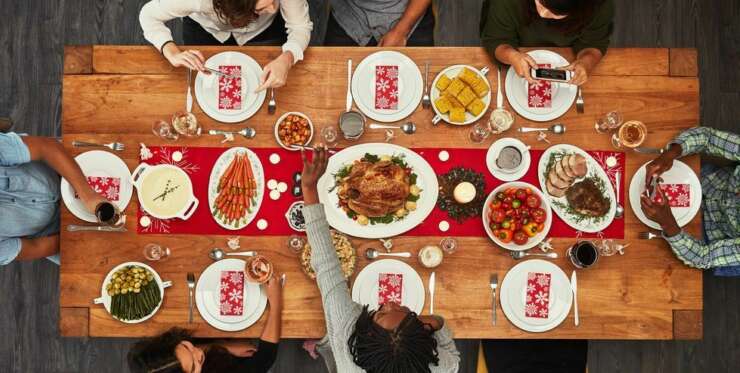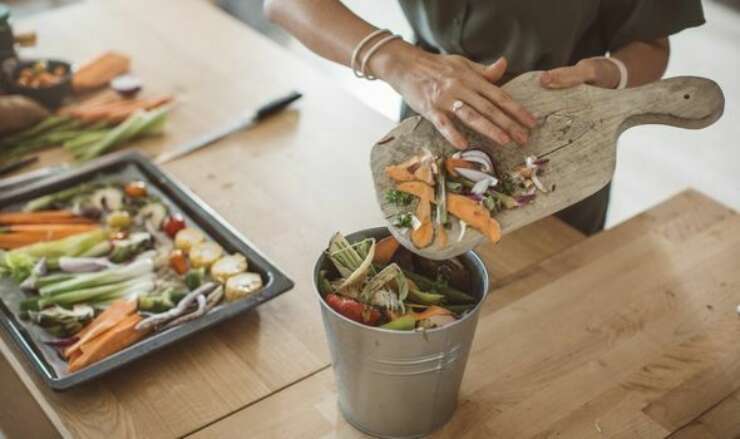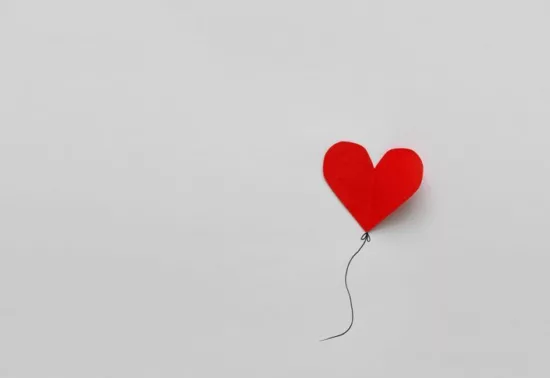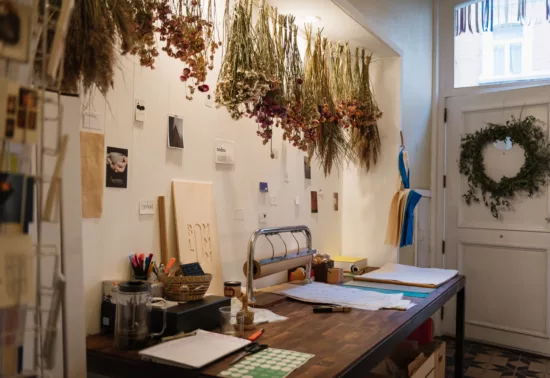We all love to share food and drinks together with family or friends for the Christmas holidays, but some traditions are better to revise and adapt. Having a more ethical and slow christmas is easier that you could think, lets make this christmas slower.




